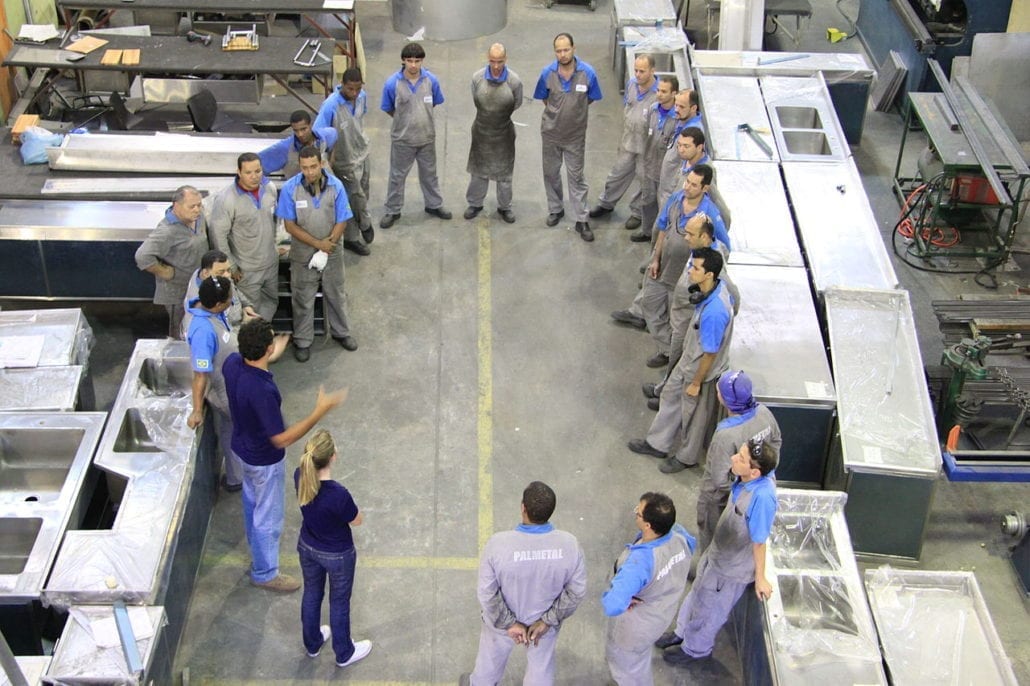Need to Hire Developers? Here’s the Perfect Strategy
Photo courtesy of Pexels
Whether you’re looking for a developer for your website, your app, some desktop software, or a game you’re developing, you need to ensure you’re hiring someone who can really bring the goods. Sounds like obvious advice, I know. But it needs to be highlighted because hiring a developer can be trickier than you think.
Where exactly do you turn when you want to find a developer? Who can help you out during this process? What kind of developer should you be hiring first? We’re going to take a quick look at some key advice for those looking for code wizards to join their business.
Take your time – and hire the best
The best developers out there only want to work with the best developers out there. Something you should learn pretty quickly about this field: there’s a huge ego problem going around. Developers really want to stand out from the rest – unless they’re truly passionate about taking a project to as great a level as it can be. Many business owners have found that “B-level” developers tend to want to work with “C-level” developers – this means that, when it comes time to recruit more developers, those are the ones that will be recommended to you.
Photo courtesy of Sarah Stierch (CC BY 4.0) via Wikimedia
If you want to ensure you’ve got the best on your team, then it’s recommended that you give each developer a trial period. You may want to go with ninety days, or three months. Bigger companies, like Google, go with 180 days. This way, you can find out what “level” a developer is. You want the best. But how can you tell how good a developer is?
Judging the developer
There are a few metrics you can use to judge the quality of a developer you’re trialing. If they’re delivering the work on time and with minimal fuss, then that’s certainly a good indication. But there is more to consider. A developer who does this is simply doing the job you asked them – the best developers not only work well with others, but they also contribute creatively to the project.
Photo courtesy of Pixabay
The best way to judge this, of course, is to have developers on-board already who are working with them. They’ll be able to tell you how good their code is, whether they’re using the best practices available, and will be in a better position to inform you about the developer’s potential longevity at your company. If you don’t have another developer, then this guide may help you!
Make sure they know what you want
Your job advertisement has to be crystal clear. Don’t hire a developer who knows C# then surprise them later with a request to investigate some Java or some Objective C. And just mentioning the programming language you want them to use probably won’t be enough; you also need to detail precisely what kind of problems they’ll be expected to solve.
They should also be filled in on work hours and company culture. Make no mistake: a good developer won’t have a hard time finding an excellent job with great benefits, a friendly and fun company culture, and a fat paycheck. You need to be ready to offer them a very good opportunity indeed.










